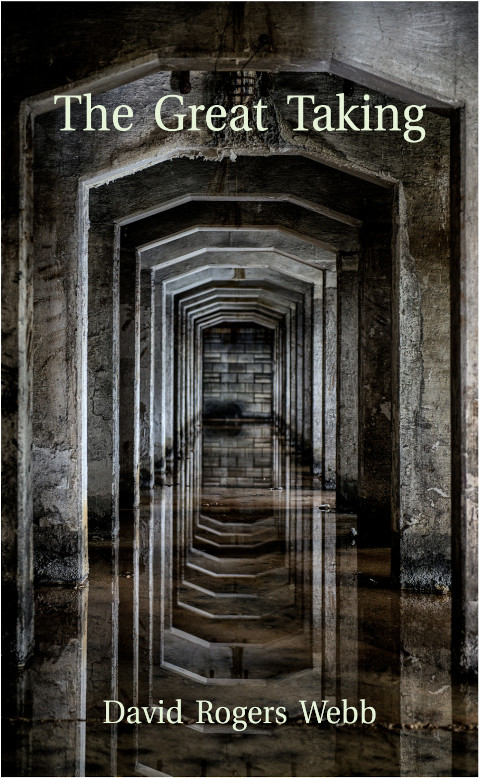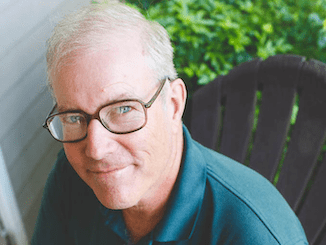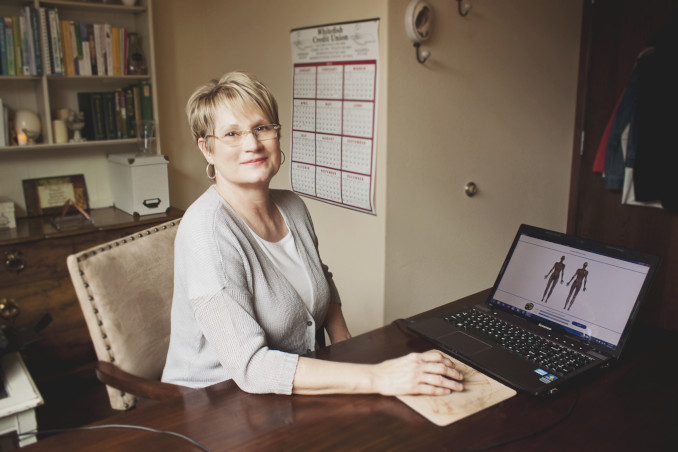“Money is and always has been political. Our central concern should not be with [money’s] technology but with the political and legal framework with which it operates.” ~ Dr. Rebecca L. Spang
By Catherine Austin Fitts
At the end of the Great Depression, there were 3,100 community currencies in America. That’s approximately one for each U.S. county.
Since that time, there have been very few community currencies that have met with success in America—despite the potential benefits to local communities. One of the few that enjoyed success for a period was Ithaca HOURS.
This week, The Solari Report will publish my interview conducted late last year with Paul Glover, the founder of Ithaca HOURS. Paul shares his experience and the potential for community currency and other tools to optimize local exchange and resources. I reached out to Paul after a mayor—working to increase economic activity in his own town—asked if we could do more on community currencies.
Paul is a former professor of urban studies at Temple University. He has authored six books, including Hometown Money, Health Democracy, Deep Green Jobs, How to Take Power, Los Angeles: A History of the Future, and A Crime Not a Crisis, which details corruption in Pennsylvania’s insurance regulation.
Paul emphasizes that regions can take control of the economy to meet their urgent needs. He says, “We are the treasury, and we are the treasure.” He is founder of more than a dozen organizations and campaigns that convert average citizens into job creators, health system managers, urban planners, environmental stewards, and publishers.
Given pressures on global currency systems as well as interest in digital currencies, the time has come for us to spend more time on The Solari Report discussing the state of our currencies.
In Let’s Go to the Movies, I will review the documentary Fiat Empire, which explores some of the challenges of living with a fiat currency that serves as the global reserve currency.
Also, check out the latest on community currency efforts in France.
Subscribers can e-mail or post questions and story suggestions for Money & Markets for this week here.
Not a subscriber yet? You are invited to join here!
Related Reading/Solari Report:
Special Solari Report on U.S. Monetary History:
- Important Dates in the Monetary History of the United States, Part I: 1606 to 1776 – Colonial Era
- Important Dates in the Monetary History of the United States, Part II: 1776 to 1787 – Independence and Articles of Confederation
- Important Dates in the Monetary History of the United States, Part III: 1787 – The Constitution of the United States
- Important Dates in the Monetary History of the United States, Part IV: 1792 – Coinage Act of 1792
- Important Dates in the Monetary History of the United States, Part V: 1791-1857 – Fractional Reserve Banking Backed by Coin
- Important Dates in the Monetary History of the United States, Part VI: 1861-1862 – Greenbacks and the Rise of National Paper Money
- Important Dates in the Monetary History of the United States, Part VII: 1863-1865 – The National Currency Acts – National Fractional Reserve Currency Backed by Government Debt
- Important Dates in the Monetary History of the United States, Part VIII: 1863-1900 – Movement to a “Gold Standard”
- Important Dates in the Monetary History of the United States, Part IX: 1913 — Federal Reserve Act
Interview with Franklin Sanders:
Precious Metals: Top Ten Dates in American History
Interview with Edwin Vieira:
Enforce the Constitution: The Militias with Dr. Edwin Vieira
Precious Metals Market Report with Franklin Sanders and Dr. Edwin Vieira







I enjoyed the interview. But listening to the recent (6/6/19) money and markets, I realize that there is much more work to be done! As the treasuries are no longer viable (as in, trustworthy) for local pension funds, we need to create- in each city or county- a local development fund with the authority to issue bonds. This could be underwritten by a start-up grant from an individual, city or charity, and then promoted to local business leaders as an option to invest in their community. Local businesses with cash needs would benefit.
In my area, we have a county-wide community foundation, 501(c)3, which attracts end-of year donations, so I will start talking with them about this idea, and some business leaders before approaching the city council with a plan.
Any news you can share about other communities doing this will be most helpful!~ We need to build the field!
Agreed. Given the arbitrage being harvested by the large institutions, much better to finance local equity and mortgages locally. You will make more money and incentivize performance culture.
Very oldie but goodie. https://home.solari.com/wp-content/uploads/2012/SolariStockCorps.PDF
Starting now, would be good to come up with something all the local businesses could use to given employees an option to channel a portion of 401k contributions into local pools.
I am afraid the problem with the premise is similar to that of libertarianism: integrity is as good as the citizens. I am not overwhelmed with the levels of integrity I see anywhere, and local government is no exception.
Could not agree more.
I loved this interview, Catherine.
🙂